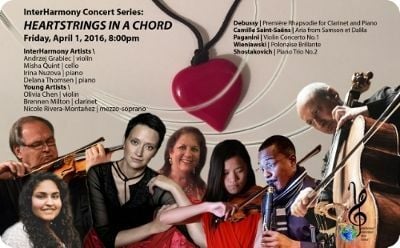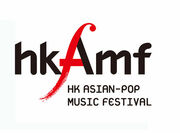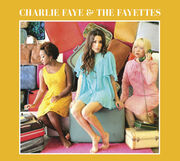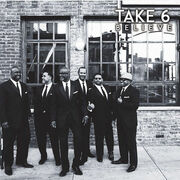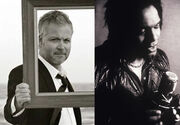New York, NY (Top40 Charts/ InterHarmony International Music Festival) Cellist Misha Quint presents the best and brightest of the InterHarmony International
Music Festival on April 1, 2016 at 8 pm in the Weill Recital Hall. Every year, IIMF founder Quint brings a select group of rising young stars from the festival to play at Carnegie Hall with established performing artists. Tickets are $35, and can be purchased by calling CarnegieCharge at 212-247-7800, at the Carnegie Hall box office located at West 57th and Seventh Avenue, or online at www.carnegiehall.org.
ABOUT THE PROGRAM: HEARTSTRINGS IN A CHORD
Heartstrings in a Chord brings together up-and-coming soloists with seasoned masters. In the concert's first half, meet a new generation of talented, classical musicians, as Brennen
Milton (clarinet),
Olivia Chen (violin) and
Nicole Rivera-Montanez (mezzo-soprano) take to the stage with showpieces from Romanticism to Impressionism. The pianist will be Delana Thomsen. After the intermission, Festival Founder Misha Quint (cello) will be joined by Andrzej Grabiec (violin) and
Irina Nuzova (piano) to perform Shostakovich's haunting Piano Trio. For more information, visit www.interharmony.com.
THE MUSIC
Debussy called the Rhapsodie for Clarinet and Piano "one of the most charming pieces I have ever written." Its dreamy atmospheres create a drama of changing colors, just beyond the reach of words. Delilah's aria Mon cœur s'ouvre à ta voix by Saint-Saëns, is so seductive that Samson cannot help but reveal the secret of his strength, dooming himself. Audiences have proved no less susceptible. In Stride la vampa from Verdi's masterpiece Il Trovatore, Azucena mourns her mother's awful fate and plots revenge. Wieniawski's Polonaise Brillante in D Major, is a theatrical, extroverted work, full of rapid runs and irrepressible enthusiasm. Paganini took care to write concertos so demanding only he could perform them and his Violin Concerto No. 1 in D Major, Op.6 remains one of the most difficult in the repertoire. But its staying power owes more to its wealth of melodies and operatic drama. Shostakovich's Piano Trio, No. 2, Op.67, strikes a tragic tone. The year was 1944, the composer's good friend Ivan Sollertinsky had died and the country was nearing the end of exhausting war. Here, after the public bombast of his
Leningrad Symphony, was a private expression of doubt: anxiety about the future and sorrow for the past. Its premiere made a profound impression - the audience wept openly and demanded encores. It was immediately banned.















